 |
| Tim O'Brien |
 |
| Eddi Reader |
CELTIC CONNECTIONS festival 2024 set for expansive programme of unmissable music! Images copyright Pauline Keightley
World-renowned Glasgow festival Celtic Connections returns January 2024 with a full program and many international visitors – to brighten our winter nights!
Thursday 18 January to Sunday 4 February 2024,
With one of its biggest-ever capacity festivals Celtic Connections is known as Europe’s premier folk, roots and world music festival, and the home of spectacular musical collaborations. Celtic Connections has continued to expand into a multitude of genres over its 30-year history.
In 2024 the festival will stage an ambitious genre-defying programme of acoustic, traditional, indie, Americana, Jazz, blues, orchestral, experimental and more. Glasgow, UNESCO City of Music will host over 300 events across 25 venues over 18 days. Venues include Glasgow Royal Concert Hall, Barrowland, Pavilion Theatre, Barony Hall, Old fruitmarket.
From high-energy rhythms fusing contemporary sounds with traditional music, to intimate and soulful acoustic performances. Along with the anticipated 110,000 attendees, musicians will descend on Glasgow from Scotland, North America, West Africa, India, Australia, Ukraine, Norway, Sweden, France and Ireland, more!
General tickets on sale at 10am, Wednesday 11th October at www.celticconnections.com. Celtic Connections 2024.
Celtic Connections 2024 will take place from Thursday 18th January to Sunday 4th February. General tickets go on sale 10am, Wednesday 11th October 2023, with advance tickets on sale now for Celtic Rovers festival supporters. The programme can be viewed in full and tickets purchased at www.celticconnections.com.
.jpg) |
| Images copyright Pauline Keightley |
● Celtic Connections Opening Concert, Glasgow Royal Concert Hall stages the European premiere ATTENTION! New symphonic work from American Grammy winner Chris Thile - “the best mandolin player in the world” - with the BBC Scottish Symphony Orchestra
● 100 years on since the death of Scottish iconic revolutionary socialist John MacLean, a centenary concert to recognise the significance of the Red Clydeside era – with music, poetry on his legacy, will be led by Karine Polwart, Eddi Reader, Billy Bragg and Siobhan Miller
Scotland burgeoning traditional music scene is celebrated with Dallahan, RANT, Breabach, Mec Lir, Heisk, Session A9 and The Canny Band alongside emerging artists like Beth Malcolm, TRIP, Lauren Collier, Tarran and Amy Laurenson
● Another special international collaboration Citadels of the Sun, in tandem with Jodhpur Rajasthan International Folk Festival, Irish and Rajasthani musicians come together Barony Hall to share common themes that connect the two cultures. The show will feature Martin Coyle, Paul Cutliffe, Sarah E Cullen, Asin Khan Langa and Sawai Khan Manganiyar
● A wealth of transatlantic talent at the 2024 festival includes country royalty with Carlene Carter (daughter of June Carter Cash), 15-time Grammy Award winner and banjo virtuoso Béla Fleck, beloved singer-songwriter Bruce Hornsby, and festival favourites Sarah Jarosz, Teddy Thompson, The Milk Carton Kids, Tommy Emmanuel, Darlingside and bluegrass star Tim O’Brien,who with his seminal album The Crossing.
● 50th anniversary of the Scottish Chamber Orchestra , with unique arrangements and guest performances from Scotland’s Paul Buchanan (The Blue Nile), American singer Aoife O’Donovan, visionary folk band Lau and harpist Maeve Gilchrist
● Beloved Scottish singer-songwriter Dougie MacLean will mark five decades of extraordinary music making with a special show entitled Songmaker 2024 - Celebrating 50 Years of Music
● Roddy Hart’s Roaming Roots Revue 12th year, Songs of Modern Scotland. modern classics along with the Royal Conservatoire of Scotland Symphony Orchestra, and Scottish talent Biffy Clyro’s Simon Neil, Idlewild’s Roddy Woomble and Rod Jones, Del Amitri’s Justin Currie, Camera Obscura’s Tracyanne Campbell, King Creosote, and more
● Contemporary Scottish Celtic outfits with RURA and Talisk iconic Barrowlands; Skerryvore expansive sound, UK top 40 album Tempus; Skipinnish celebrate 25 years, renowned folk groups Blazin’ Fiddles celebrate 25th years, Kinnaris Quintet headline show Old Fruitmarket with Julie Fowlis and Karine Polwart, and Skye’s Valtos celebrate Gaelic song SWG3
● Showcase Scotland - a part of the festival which facilitates international collaboration - will this year partner with the country of Norway to showcase Scandinavian talent, while other festival favourites including Transatlantic Sessions will return
Festival-goers can also look forward to the usual mix of screenings, workshops, dementia-friendly concerts, late night sessions and pop-up performances at the Festival Club, as well as a thriving education programme that will benefit thousands of children across Glasgow.
Donald Shaw, Creative Producer for Celtic Connections, said: “It’s that time of year where we lift the lid on the incredible shows and events we have in the works for Celtic Connections. Celebration and collaboration are at the heart of the festival and once again we will bring the world’s music to Glasgow audiences this winter. I’m very excited that our 2024 edition will welcome a huge portion of international talent back to our stages, particularly our transatlantic cousins in America, and that we will be back to staging one of our biggest ever capacity festivals. We would encourage audiences old and new with a love of music to discover all that this diverse programme has to offer and spend the dark winter nights with us.”
Donald Shaw, Michael McGoldrick, John McCusker, Tim O'Brien, John Doyle- Late Sessions
Creative Scotland Head of Music, Alan Morrison said: “The 2024 Celtic Connections programme puts Scotland at the heart of a musical map of the world. This is arguably the festival’s strongest-ever international line-up, opening our ears to the inspirational sounds of artists from so many different countries and cultures. Running through it all, of course, is Scotland’s own musical lifeblood, the traditional tunes and contemporary twists that continue to thrill audiences and brighten up our winter days and nights.”
Culture Secretary Angus Robertson said: “I’m greatly looking forward to this year’s Celtic Connections and the warmth it always brings to the colder months with leading Scottish and international musicians across a variety of genres set to descend on Glasgow for what looks to be another fantastic showcase of talent.

.jpg)
.jpg)






_Skating_on_Duddingston_Loch.jpeg)






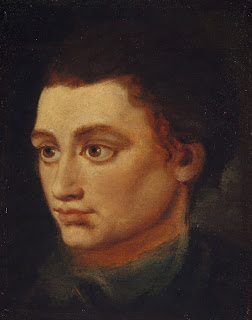

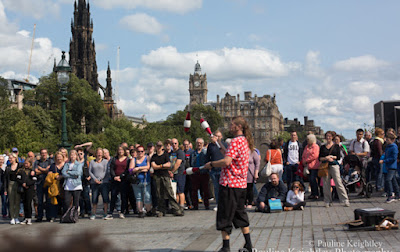
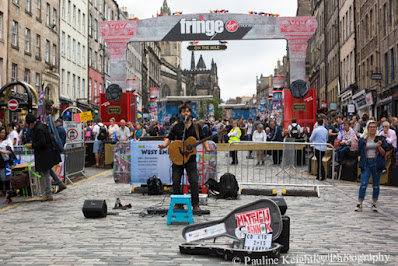

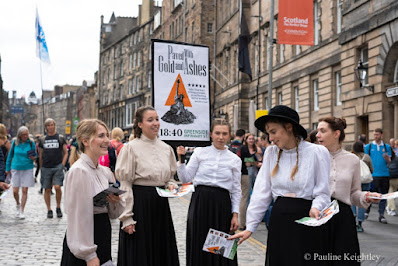
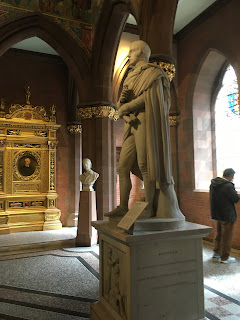
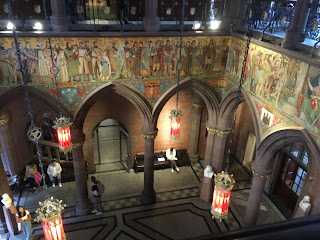









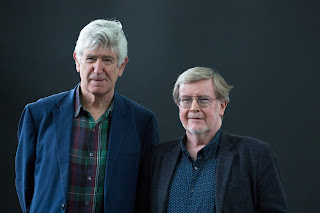
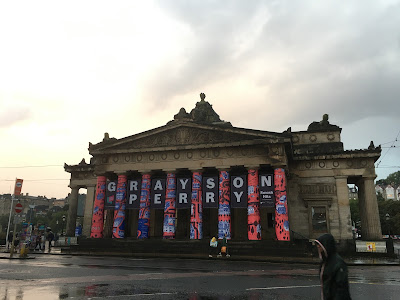









.jpg)
